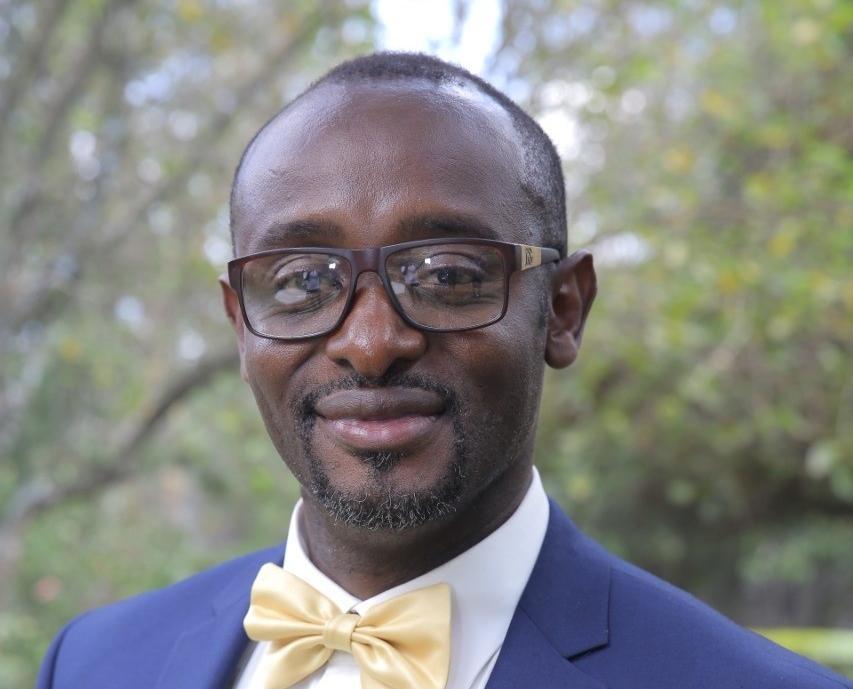Did you know it can take up to 17 years for proven research to influence everyday practice, and fewer than half of innovations ever reach broad adoption? Implementation science addresses this challenge by uncovering barriers, partnering with patients and communities, and creating strategies that move discoveries into routine use.
In this program, learners build pragmatic skills to design adaptable, person-centered solutions that respond to real-world complexity. Coursework emphasizes applying frameworks, critically evaluating evidence, and tailoring approaches across health systems, families, cultural settings, and socioeconomic contexts. By incorporating emerging trends such as artificial intelligence, digital health tools, and applied data analytics into projects, students learn how to transform knowledge into practice. The result is a dynamic learning experience that prepares graduates to lead change and deliver sustainable outcomes that improve health outcomes and strengthen communities.

.png)




